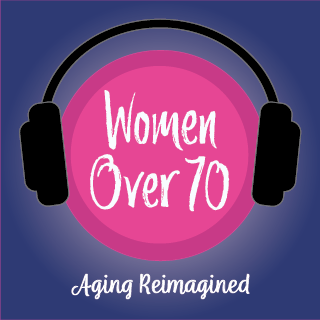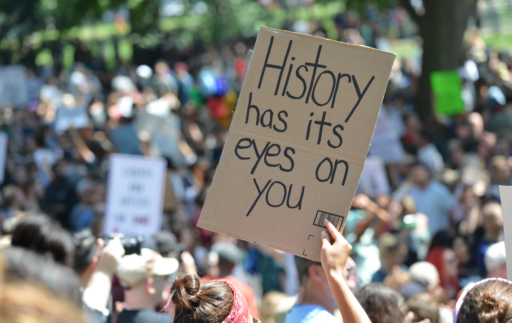March is Women’s History Month, dedicated to remembrances of women’s courageous struggles across the decades. While we celebrate women’s progress in making impactful changes, so much more remains to be done. Take, for example, the yet-to-be passed ERA, the century-old 28th amendment to the Constitution to provide women equal protection under the law regardless of sex.
Just this month–March 2021–women Democrats advocated to remove a deadline for ratification that expired about forty years ago. With remarkable understatement, the bill’s sponsor, Jackie Spencer from California, said, “It is time to do what’s right and make sure that women are in the Constitution” (3.17.21). Many question whether just making us equal under the law will be sufficient to protect women and advance our rightful place in society. In her play, What the Constitution Means to Me (2017), Heide Schreck exposes gross inadequacies in our country’s founding document by addressing the dangers women continue to face, e.g., rape, domestic abuse, loss of home. These issues, and many more, are stressed by guests on our podcast, Women Over 70: Aging Reimagined.
“It is time to do what’s right and make sure that women are in the Constitution.” – Jackie Spencer
The women in our social activism category stepped into history in the late 1960s-early 70s and have been making radical change ever since. Most of these guests got their start as activists with the second wave women’s movement.
Some, like Sunny Fischer, learned about violence against women by answering crisis calls concerning rape and domestic violence. Heather Booth founded Jane, an underground network of women who provided abortions for women seeking to end unwanted pregnancies during unlawful times. She and Sunny were joined in the fight for women’s reproductive rights by Patty Novick and Susan Munaker Oppenheimer. In their work for women’s rights, they were committed to bridging the divides between gender, race and class.
Hedy Ratner took on this challenge in her role as director of the YWCA-Chicago and as founder, forty years ago, of the still thriving Women’s Business Development Center which promotes entrepreneurship for low income women and women of color.
Sisters Audrey Peeples and Ronne Hartfield led progressive changes in the Girl Scouts-Chicago and the Art Institute of Chicago. They now serve on corporate and non-profit boards of directors where they influence policies that advance women from the arts to business. Other advocates for public policy include Hedy, co-founder of the Chicago Foundation for Women, along with Jacky Grimshaw for transportation planning, and Heather Booth and Rebecca Sive for voting rights and access to public office. Philanthropist Sunny Fischer currently promotes affordable housing as chair of the board of the National Public Housing Museum. Now in their 8th and 9th decades, these national figures continue to forge ahead because, as Sunny says, “There is a lot more work to do, and I still have the dreams to try.”
“There is a lot more work to do, and I still have the dreams to try.” – Sunny Fischer
To be sure, not everyone can be or needs to be a leader of national prominence to make a difference. Many of our podcast guests (across all categories–see website, Playlist) are active volunteers, contributing in so many areas affecting women’s lives: Roni Buckley in homelessness; Pam Tate in climate change; Betty Rauch in teen pregnancy; Patty Novick in violence prevention; Julie Cook Downing, Sheila Collins, Joy Loverde and Cheryl Woodson in care giving and eldercare; Carolyn Torkelson in holistic health; Deborah W. Holton in self-care.
Installation artist, Gerda Meyer Bernstein, exhibits “man’s inhumanities to man.” Poets and essayists Karla Klinger, Joyce Sutphen and Frances Fuller voice the joys and perils of aging. Story tellers Recille Hamrell and Margaret Burk provide a stage for aging women to chronicle the realities of their lives.
“We hold the future in our hands.” – Rebecca Sive
The efforts of all these inspiring women embody the words of the late Dr. Martin Luther King, Jr., “Change does not roll in on the wheels of inevitability, but comes through continuous struggle.” Amending the Constitution will give women equal status legally, but women actually living in equality is accomplished through grass roots and policy-making endeavors. In 2020, Rebecca Sive projected: “we hold the future in our hands.” No one is giving up, everyone intends to keep making historic change–so much more remains to be done.
Women Over 70-Aging Reimagined salutes these women whose guest appearances on our podcast reinforce that, indeed, we are the active voice of aging.
Listen to Women Over 70–Aging Reimagined:
105 Get Real: Women’s History Month is Not Enough
Continue the conversation join on Facebook:


